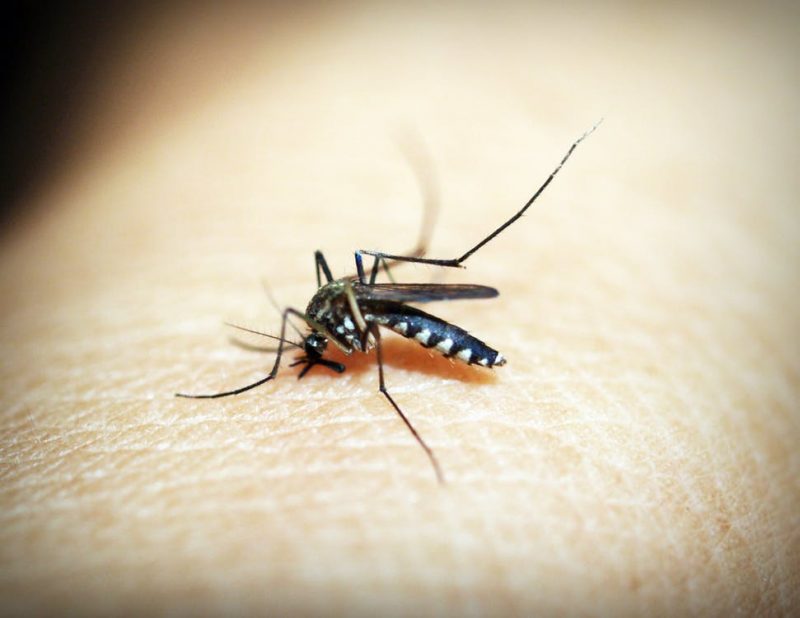Community
Fall River, Dartmouth, New Bedford, Seekonk test positive for West Nile Virus

According to the Massachusetts Department of Health and Human services, several local cities and towns have had positive tests on mosquitoes for the West Nile Virus.
According to their data, Fall River had two positive tests on August 9th with Dartmouth having one positive test on August 8th. New Bedford had four positive tests on August 8th with Seekonk having two on August 9th. No human cases of the virus have been documented in the area this year.
West Nile Virus symptoms can include fever, headache, body aches, nausea, vomiting, and sometimes swollen lymph glands. They may also develop a skin rash on the chest, stomach and back.
Since WNV is most commonly spread by mosquitoes, the Massachusetts Department of Health and Human Services has some things you can do to reduce your chances of being bitten:
•Schedule outdoor events to avoid the hours between dusk and dawn, when mosquitoes are most active.
•When you are outdoors, wear long pants, a long-sleeved shirt and socks. This may be difficult to do when the weather is hot, but it will help keep mosquitoes away from your skin.
•Use a repellent with DEET (N, N-diethyl-m-toluamide), permethrin, picaridin (KBR 3023), IR3535 (3-[N-butyl-N-acetyl]-aminopropionic acid) or oil of lemon eucalyptus [p-menthane 3, 8-diol (PMD)] according to the instructions on the product label. •DEET products should not be used on infants under two months of age and should be used in concentrations of 30% or less on older children.
•Oil of lemon eucalyptus should not be used on children under three years of age.
•Permethrin products are intended for use on items such as clothing, shoes, bed nets and camping gear and should not be applied to skin.
•Keep mosquitoes out of your house by repairing any holes in your screens and making sure they are tightly attached to all your doors and windows.
•Remove areas of standing water around your home. Here are some suggestions: •Look around outside your house for containers and other things that might collect water and turn them over, regularly empty them, or dispose of them
•Drill holes in the bottom of recycling containers that are left outdoors so that water can drain out
•Clean clogged roof gutters; remove leaves and debris that may prevent drainage of rainwater
•Turn over plastic wading pools and wheelbarrows when not in use
•Change the water in birdbaths every few days; aerate ornamental ponds or stock them with fish
•Keep swimming pools clean and properly chlorinated; remove standing water from pool covers
•Use landscaping to eliminate standing water that collects on your property
-

 Community6 years ago
Community6 years agoNational Shrine of La Salette Festival of Lights 2017 set to begin
-

 Community6 years ago
Community6 years agoMassachusetts State Police looking for good home for retired dogs
-

 Crime6 years ago
Crime6 years agoFall River ranked most dangerous city in Massachusetts according to report
-

 latest6 years ago
latest6 years agoDurfee student allegedly overdoses on marijuana
-

 Community6 years ago
Community6 years agoVideo of Fall River Police goes viral
-

 Causes6 years ago
Causes6 years agoMissing Fall River woman found deceased
-

 Crime6 years ago
Crime6 years agoFall River Police add names to most wanted list
-

 Causes6 years ago
Causes6 years agoFall River teenager reported missing has been found





